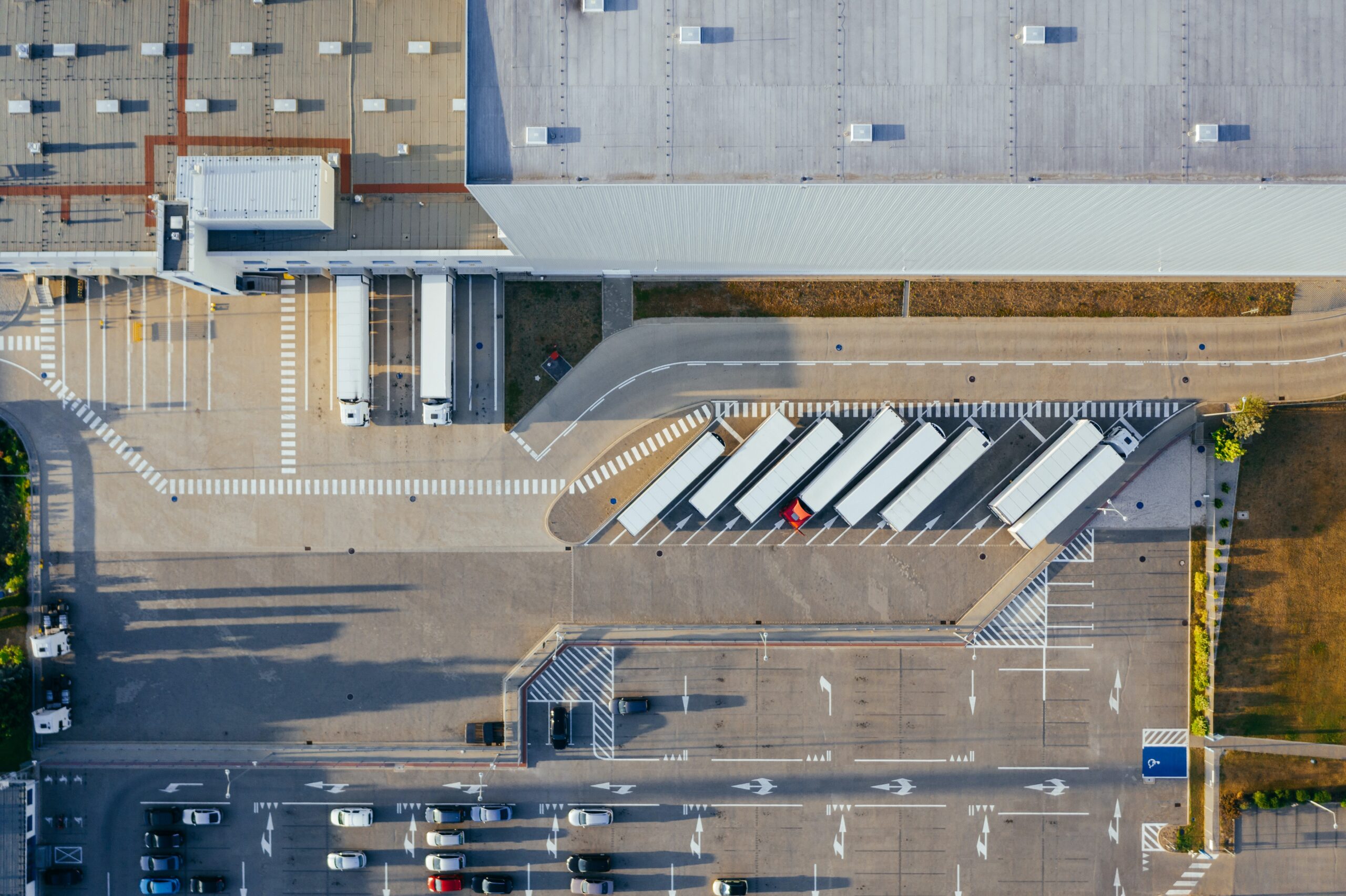The demand for e-commerce and pharmaceutical amenities have confirmed that India’s industrial and logistics real estate industry has persisted the most robust asset class in the first quarter of 2020. As the coronavirus pandemic has suggestively wedged industries and economy globally, patrons have shifted consumption activity to virtual dealings.
India’s warehousing sector enthused by new resources in eight foremost metros including Bengaluru witnessed about 15 per cent reduction (in mn sqft) during January-March, the first part of 2020. Net absorptions stood at 5.9 mn sq/ft in amid the lockdown across India starting March 2020.
The market is displaying signs of retrieval. There is an increase in the number of queries from June onwards and are getting lot of analyses from the Middle East, US, Europe and Africa.
Modest absorption in the midst of Covid-19 qualms suggests that the basics of the industrial and logistics sector are sturdy and set to take a quicker restoration path among key real estate asset classes. The real estate industry in the city has rebounded with aplomb, recording transactions of approximately 850 units valued at Rs 400 crore in September.
The real estate trade in Bengaluru is making progress again. At the start it was astounding by the bulk of inquiries but soon comprehended that clienteles have acknowledged the new reality. They are establishing opinion on the developments based on online tours and just validating the transaction after a site visit.
The probable supply of estimated spaces may be postponed by a quarter or two, which will also be impacted by aspects including extended workforce scarcities.
As the effect of the nationwide lockdown turned out to be clearer, the rents and active request for proposal (RFPs) that were in numerous phases finalized in the third and fourth quarters of 2020.
Post-lockdown, demand has been driven by e-commerce and third-party logistics (3PL) companies who will endure to explore city spaces. Grade A properties will be more striking to inhabitants due to wellbeing and security concerns.
The extended lockdown in the country impacted the under-construction projects resulting in an attenuated supply in the short-term. However, engagements and demand in warehousing sector took a constructive turn in the medium-to-long term stage.
Repressed demand and project terminations were pushed by two quarters with a predictable spark in events by fourth quarter. Nevertheless, the basics of the sector continue to be sturdy and the major benefit for India remains in the probable to capture industrial demand as businesses re-position their worldwide supply chains from a business continuity planning (BCP) angle.
The lockdown had frozen supply chains across several sectors, both in manufacture and storing. These boundaries have also restricted businesses in the growth-oriented e-commerce area.
Post lockdown, a change in consumer behaviour is observed that has benefitted e-commerce and e-payments through movements of important services.
The coming financial year will experience an acceptance in demand of urban logistics and in-city warehousing. The logistics sector is anticipated to perceive continuous evolution as e-commerce inflates and with improved infrastructure sustenance.

Manager – Transaction Services









